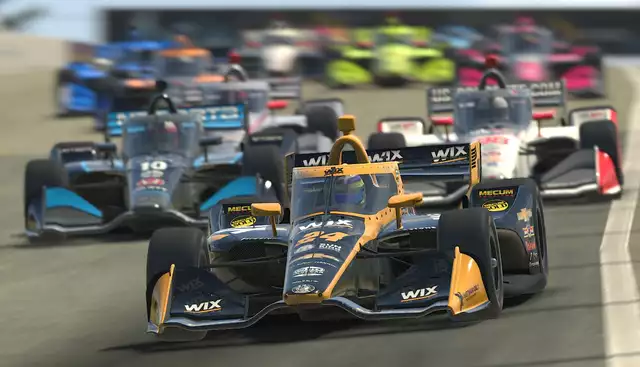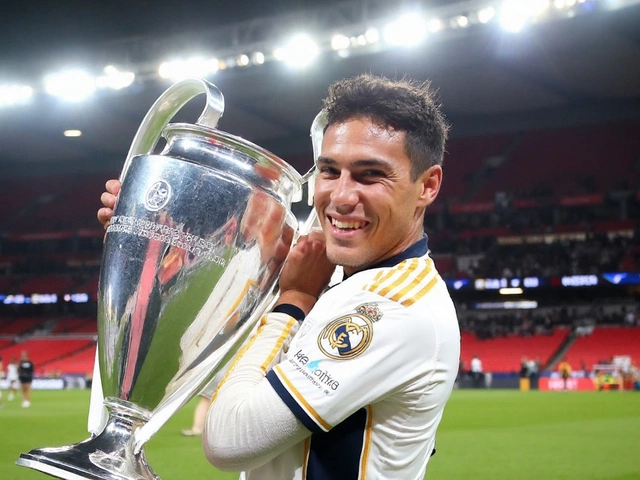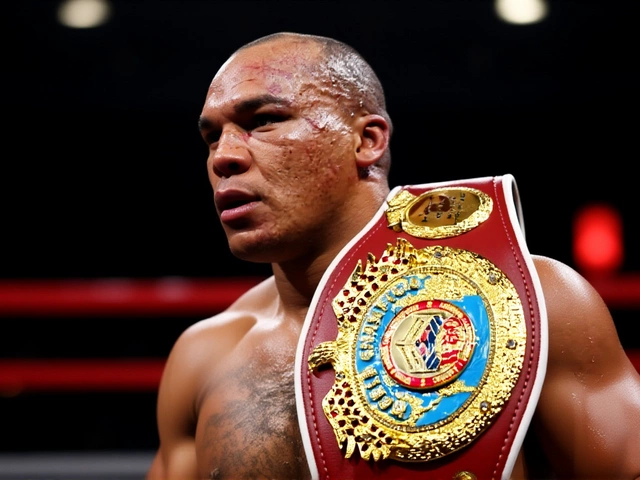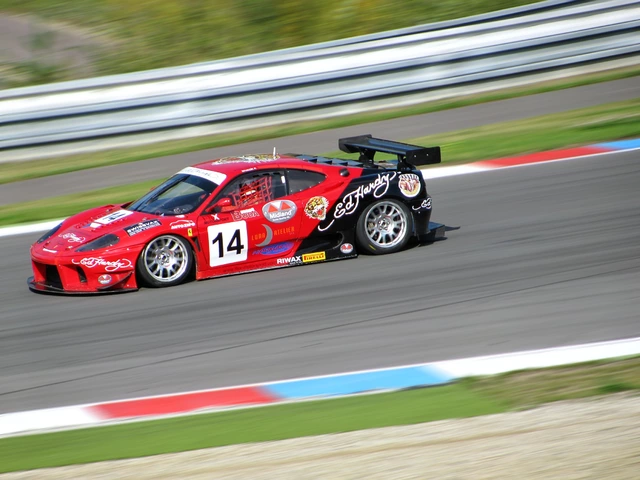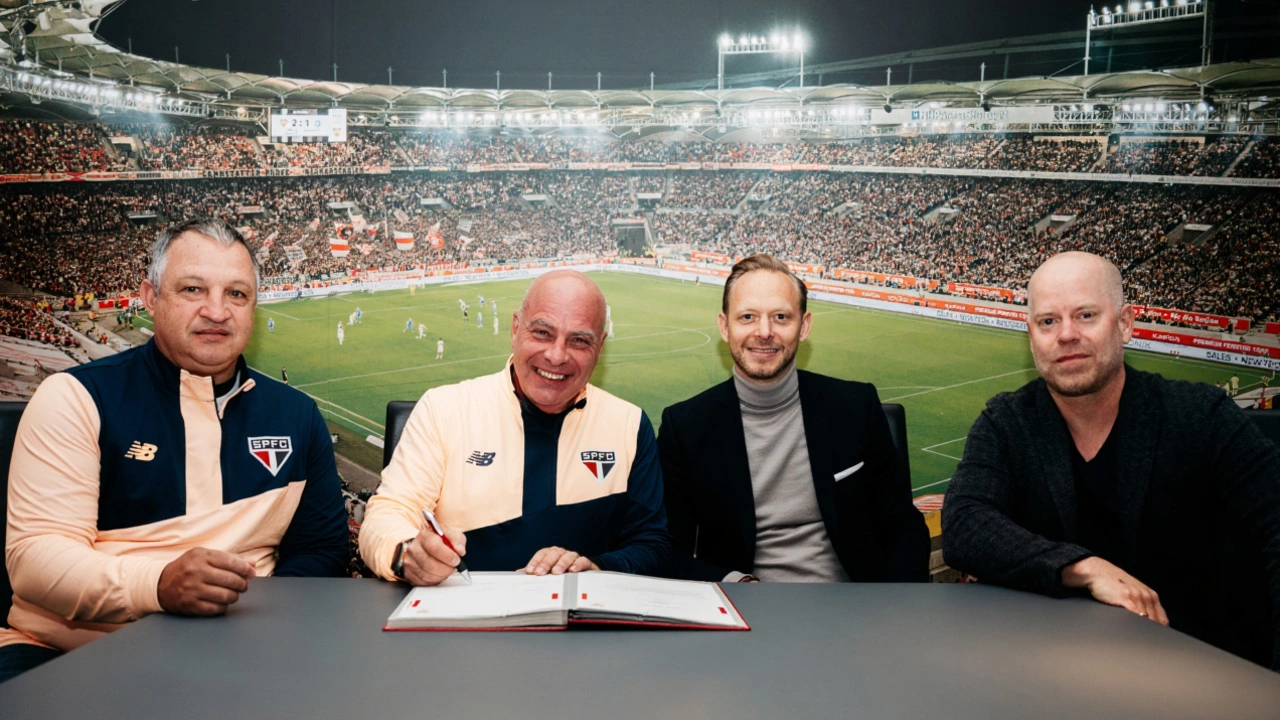
When Cacau, the former forward who scored for Germany and now lives in São Paulo, helped launch a youth partnership between VfB Stuttgart and São Paulo FC, the football world took notice. The deal, announced in January 2025, promises regular swaps of promising teenagers between Germany and Brazil, and it’s already bearing fruit. Two 18‑year‑old prospects, Samuel Jhonathan Monteiro and Nicolas Bosshardt, spent four weeks training with Stuttgart’s U21 and U19 squads, gaining a taste of European football life. Meanwhile, Stuttgart’s own youngsters are set to head south for summer camps in São Paulo later this year.
How the partnership was sealed
The agreement was inked during São Paulo FC’s visit to Germany for the Mercedes‑Benz JuniorCupSindelfingen. Club officials from both sides exchanged ideas over a casual dinner, and the talks quickly moved from theory to paperwork. The partnership’s charter lays out a two‑way exchange: São Paulo’s top youth talents will travel to Stuttgart at least twice a year, while VfB’s U19 and U17 teams will stage their summer training camps in Brazil.
What the exchange looks like on the ground
Each Brazilian visitor spends several days in Stuttgart, living with host families and training at the club’s state‑of‑the‑art facilities. They get to play against the German U21 side, attend tactical workshops, and even sit in on language lessons. In return, Stuttgart’s youngsters head to São Paulo for a three‑week immersion, where they play friendly matches against local clubs and learn the flair‑driven style that South American football is famous for.
First German stint: Monteiro and Bosshardt
Both Monteiro and Bosshardt arrived in early March 2025. Over a four‑week period they featured for VfB’s U21 squad in a regional league match and dazzled coaches with their technical ability. Rouven Kasper, Chief Marketing & Sales Officer at VfB Stuttgart, said, “We’re thrilled to have such talented players experience German football culture. It’s a win‑win for both clubs.” The duo also toured the city, sampled traditional Swabian dishes, and attended a Bundesliga match, giving them a well‑rounded view of life as a professional.
Voices from the clubs
“From day one the aim was to create a truly equal partnership,” explained Stephan Hildebrandt, director of VfB’s youth academy. He added that the initiative helps Stuttgart tap into the South American talent pool while protecting youngsters from the financial risks that often accompany overseas moves. “We can watch them day‑in, day‑out, see how they adapt, and make informed decisions about future signings.”
São Paulo’s academy director, whose name was not disclosed but who requested anonymity, noted that the German stint gives their players a chance to measure themselves against European peers. “Our coaches learn new training methods, and the kids bring back ideas that enrich our own programs,” he said.
Why Brazil matters to Stuttgart
Brazil is a key market for VfB’s commercial expansion. The club’s regional partners have been eyeing South‑American sponsors, and a visible presence in São Paulo—a city of more than 12 million—helps raise the brand’s profile. Kasper emphasized that the partnership is as much about business as it is about scouting: “Building bridges in Brazil opens doors for fan engagement, merchandise sales, and future sponsorships.”
Broader impact on talent development
The model could become a blueprint for other European clubs seeking to diversify their youth pipelines. By sharing costs, providing cultural education, and ensuring humane treatment, the agreement sidesteps the pitfalls of earlier, more exploitative scouting trips. Experts like former FIFA youth development officer Maria Alvarez see this as a step forward. “When clubs invest in reciprocal exchanges, they nurture players as whole people, not just assets,” she remarked.
Next steps and upcoming trips
Stuttgart plans to invite two additional Brazilian players born in 2008 for a September 2025 stint, expanding the trial program. Conversely, the club’s U17 squad will travel to São Paulo in July 2025 for a 21‑day camp, playing against São Paulo’s U17 side and local rivals. Both clubs are already scouting a shortlist of nine more prospects for the 2025‑26 season.
Potential challenges
Logistics—visa paperwork, language barriers, and aligning calendars—remain hurdles. Yet both parties have set up a joint task force to smooth out those bumps. The ultimate test will be whether any of the exchange players earn professional contracts in Europe or Brazil, turning the partnership into a talent pipeline rather than a cultural exchange.
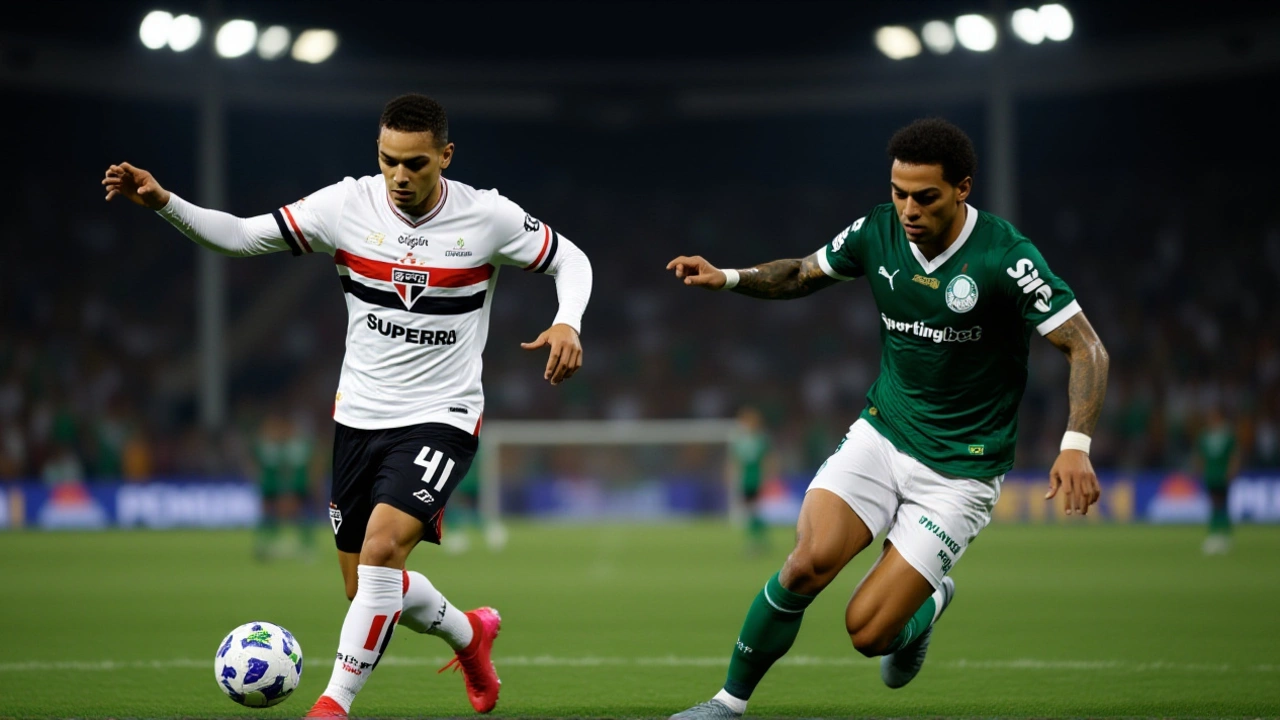
Frequently Asked Questions
How many Brazilian players will travel to Stuttgart each year?
The agreement guarantees that at least two Brazilian youngsters will visit Stuttgart twice annually. In addition, a small group of three to four players may be invited for special training camps, depending on scouting outcomes.
What are the benefits for VfB Stuttgart beyond scouting?
Beyond talent identification, Stuttgart gains brand exposure in Brazil’s lucrative market, potential sponsorships, and a pipeline for merchandising. The cultural exchange also enriches its own academy coaches with South‑American training methods.
Will the Brazilian players receive compensation during their stay in Germany?
All visiting players are provided with accommodation, meals, and a modest stipend covering daily expenses, in line with FIFA’s regulations on amateur youth players. No professional salaries are paid until a formal contract is signed.
How does the partnership protect young athletes from exploitation?
The agreement includes safeguards such as supervised housing, mandatory education sessions, and regular health checks. Both clubs have pledged to adhere to FIFA’s “Regulations on the Protection of Minors.”
When is the next German training camp for Stuttgart’s youth teams in Brazil?
The next camp is slated for July 2025, when the U17 squad will spend three weeks in São Paulo, combining on‑field sessions with cultural activities and friendly matches against local clubs.
